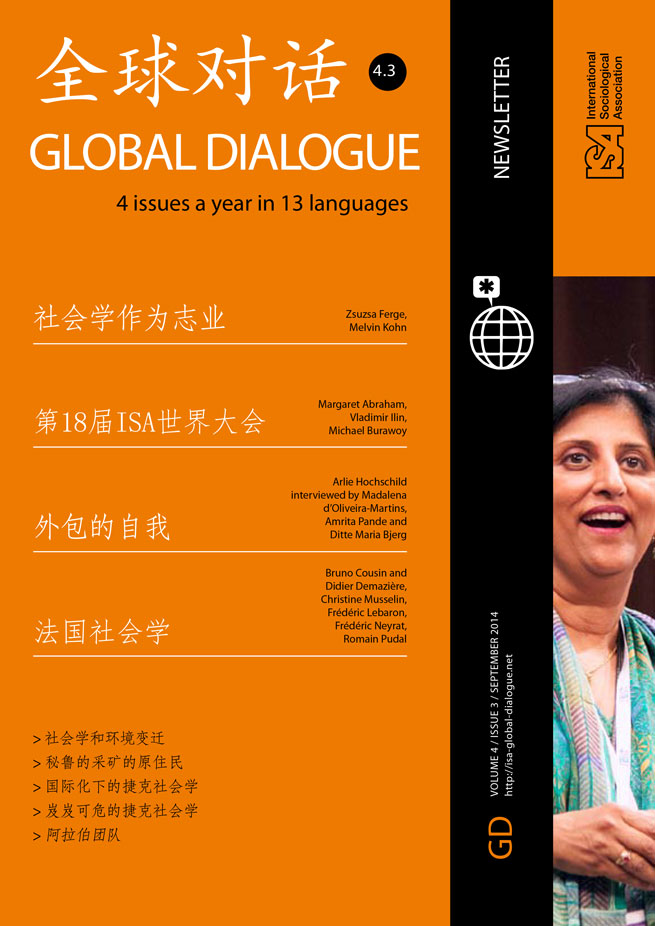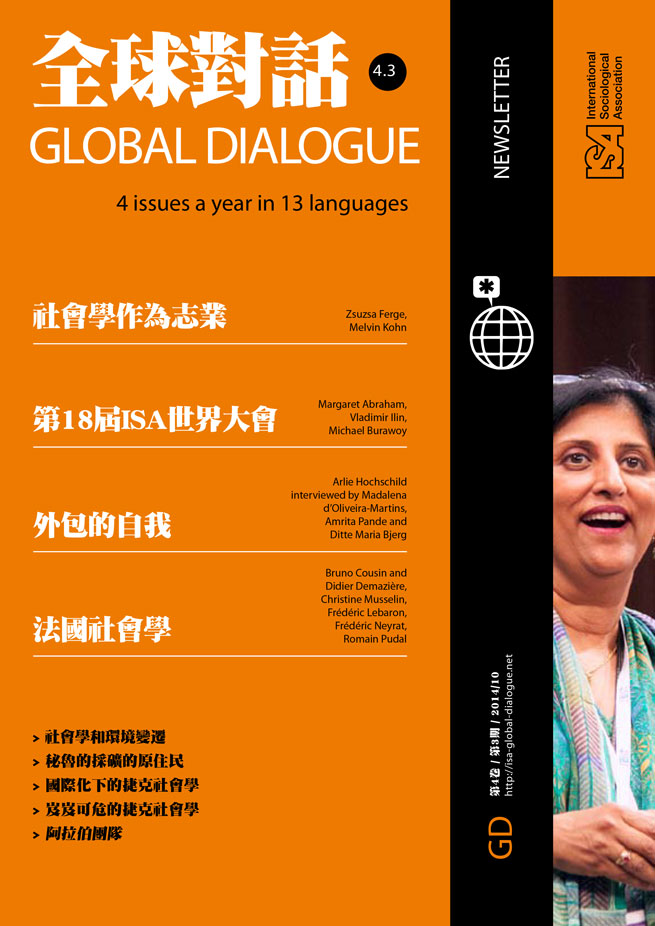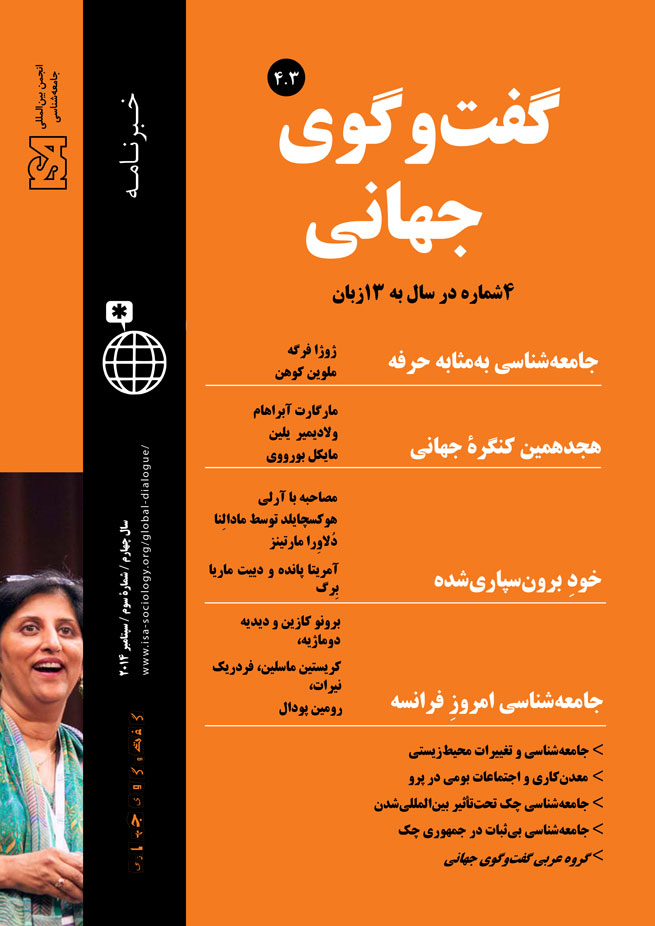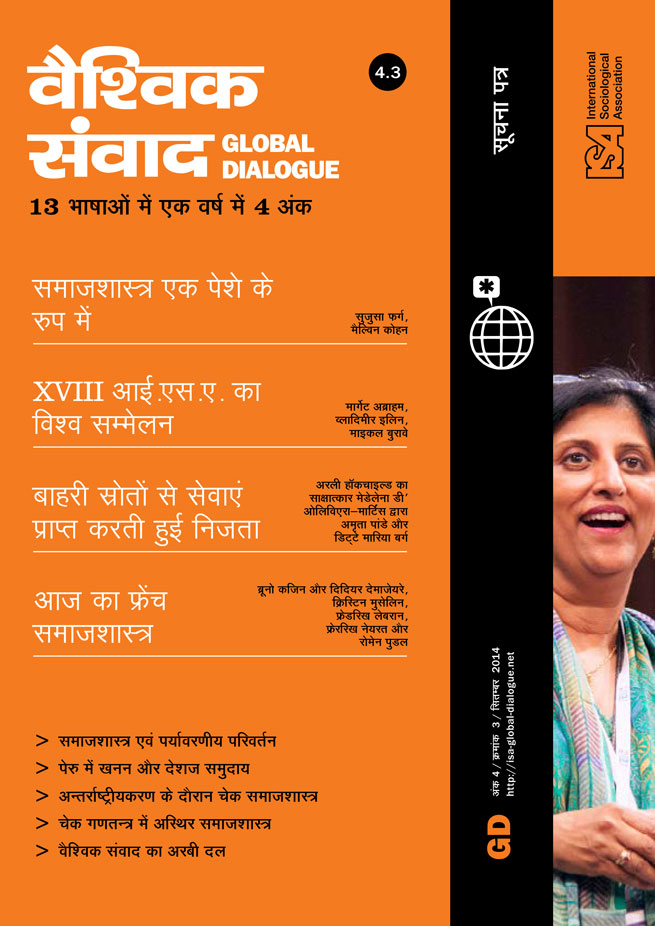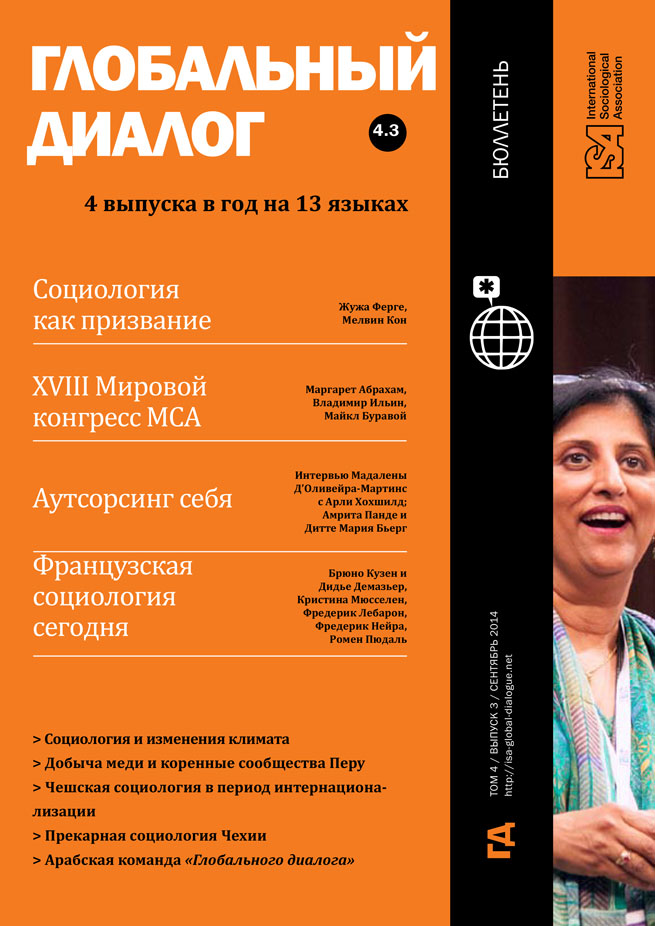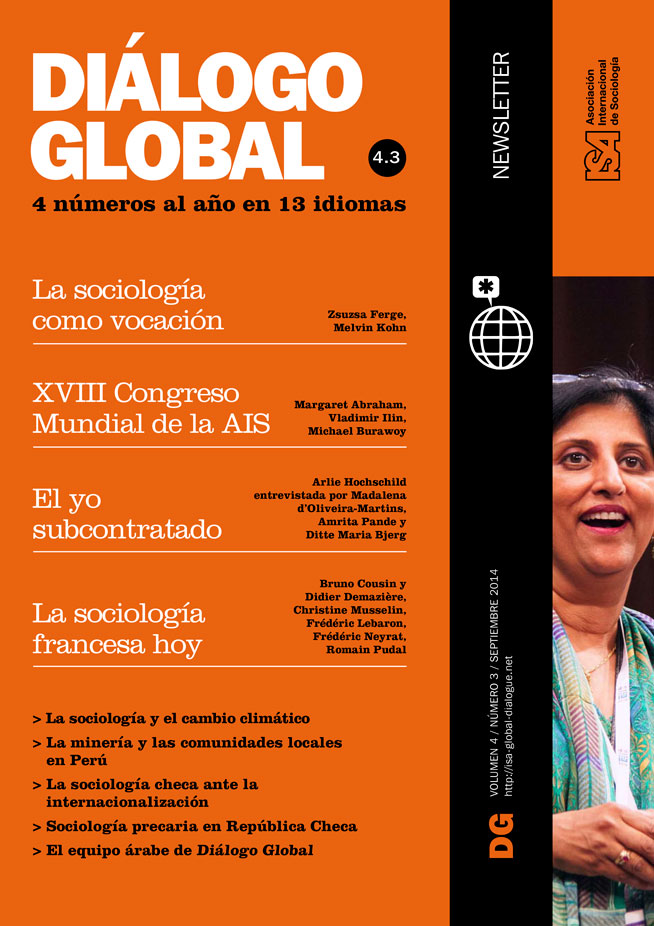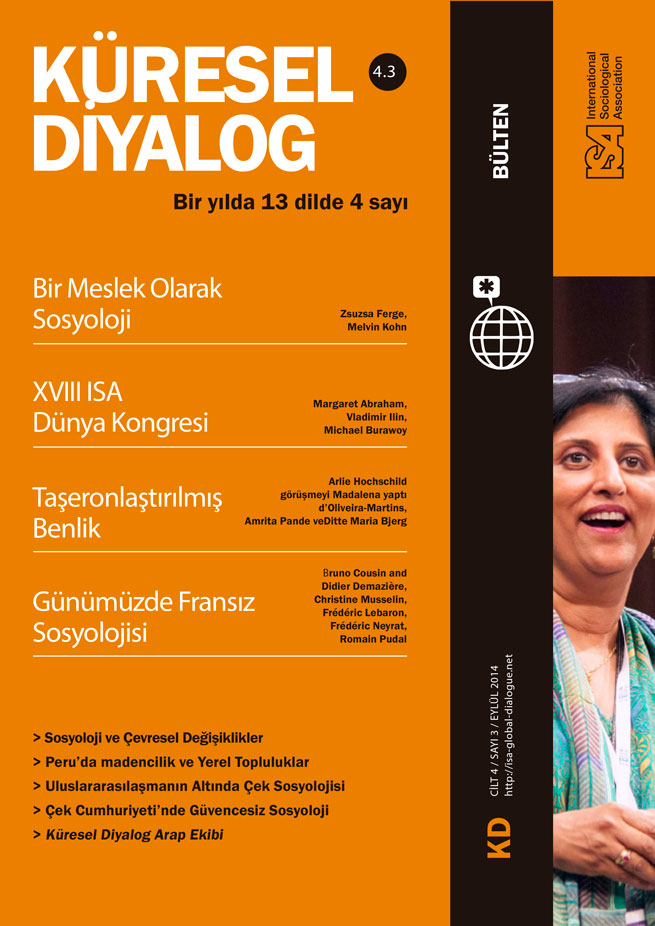The French higher education and research systems are characterized by a mix of three different types of institutions: universities offering PhD programs; national research institutions, including both the multidisciplinary CNRS (National Center for Scientific Research) and more specialized ones like the INSERM for biology, or the INRA for agriculture and agronomy; and grandes écoles which train the French industrial, administrative and economic elite but still rarely have doctoral candidates. French social scientists, including sociologists, mostly work in universities. Some positions are available in the CNRS, but it has always hired fewer scholars than universities, and the gap tends to grow: as the number of students has risen, university positions grew substantially and always much faster than CNRS positions. Some sociologists also work in specialized research institutions but they are rather marginal, as the latter are not focused on social science[1].
Finally a few sociologists work in engineering or business schools; we have no data on this last group, but since their career and salaries are specific to each school this note concentrates on universities, where most academic sociologists in France work today.
University positions require a PhD, and applicants must be recognized as “qualified” by a national body structured in discipline-based national committees – the CNU, Comité National des Universités – in order to be allowed to apply for a first position as maître de conférences (MCF). It is important to note that in France such positions are tenured; historically, French universities did not have a “tenure track,” although recently some grandes écoles have introduced this idea. Among the 385 PhDs[2] in sociology who asked for a qualification in 2013, only 221 got it, and many of these – along with many of those qualified during the previous three years as the qualification is acquired for four years – competed for the 27 sociology positions open in the same year.
As the number of positions offered by the CNRS is very low (on average 5 to 6 a year), academic positions concern only a small fringe of the PhDs in sociology. In 2012, 6.5% of the newly qualified were recruited. The newly recruited MCF of 2012 were on average 35 years old and almost 57% were women. Clearly, many “qualified” PhDs are left standing at the doors of academe. As shown in a recent study, French academics still prefer young, early and productive new colleagues, i.e. colleagues with a linear scholar trajectory and who recently finished their PhD. As a consequence, those who do not enter rapidly after their PhD and occupy successive post-doc positions are less and less likely to become an MCF.
Once an MCF, teaching duties reach 192 hours per year and, in many places the newcomer is asked to take over the classes others do not want and to accept quite significant service hours. Maintaining a high level of research activity, much less leading time-heavy empirical fieldwork, is therefore often difficult. In cities with high living costs, such as Paris, the low salary offered to MCF – around 2,500€ per month after a few years – prompts some newly recruited faculty members to offer paid overtime, further reducing the time available for research – a pattern which may explain why many remain MCF until the end of their careers, never becoming professors.
Promotion to professor requires passing a habilitation à diriger des recherches, a sort of second thesis. Again, candidates must be “qualified” by the same national discipline-based committee in order to apply for a professorship. The rate of qualification is quite high (67% of the 64 candidates asking for it in 2013) and in recent years the process has not been so competitive (21 positions offered to the 42 newly qualified in 2013 and those who qualified since 2010). In 2012, 30% of the newly qualified were recruited as professors. The new professors of 2012 were 47 years old on average and almost 41% of them were women.
Competition for access to the academic profession shows that it is still attractive to many, although it is not very well paid. Salaries range from 2,100 euros per month for a maître de conférences to 6,000 euros per month for a very senior professor. The progression depends partly on seniority but even more on how quickly, and whether, one is promoted to professor, but in social sciences this generally happens later than in sciences.
The situation of French academics – including sociologists – has changed quite dramatically in the recent years with reforms in university governance. Academics are still civil servants with a national status set by the state, but more and more competencies have been delegated to universities. Since 2007, universities are responsible for their payroll, making faculty members more like employees of their own institution. At the same time the expansion of evaluation, project-based research and performance-based budgeting has provided more information to universities about their own staff and allowed for more institutional merit-based evaluation and reward, a shift which has slightly increased differentiation between those who successfully adapt to the new rules of the game and the rest. It has also increased differences between disciplines, with some finding it easier than others to meet the new demands. It is too early to say whether sociologists will benefit or not from the decentralization of university funding decisions and from this more competitive situation, but it is a shift that should be monitored in the coming years.
[1] Furthermore, and by contrast with the CNRS (and the INSERM), the research labs of specialized research institutions are not located within universities while about 85% of the CNRS researchers, and almost all of them in social sciences, are active in research units that are affi liated both to the CNRS and to the universities.
[2] All figures are based on statistics produced by the Ministry for Higher Education and Research: http://www.enseignementsup-recherche.gouv.fr/pid24586/concoursemploi-et-carrieres.html (May 9, 2014).
Christine Musselin, Sciences Po, CSO-CNRS, Paris, France <christine.musselin@sciencespo.fr>



